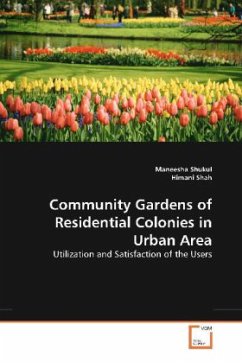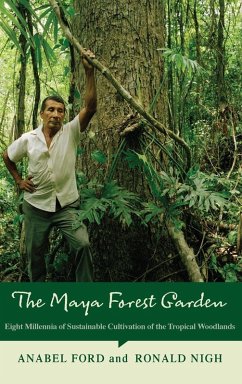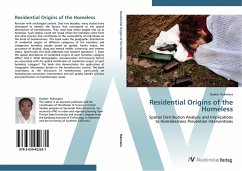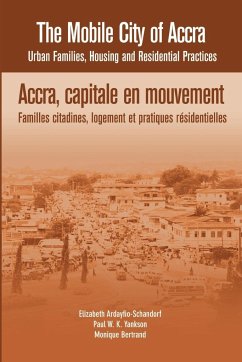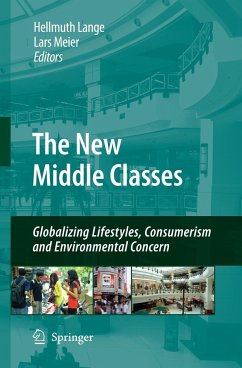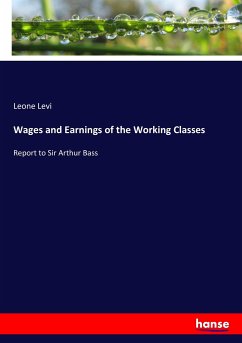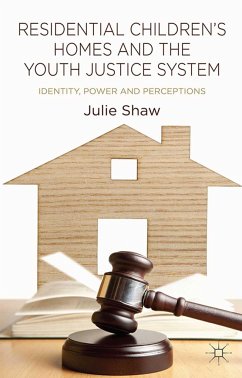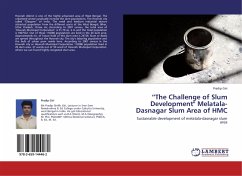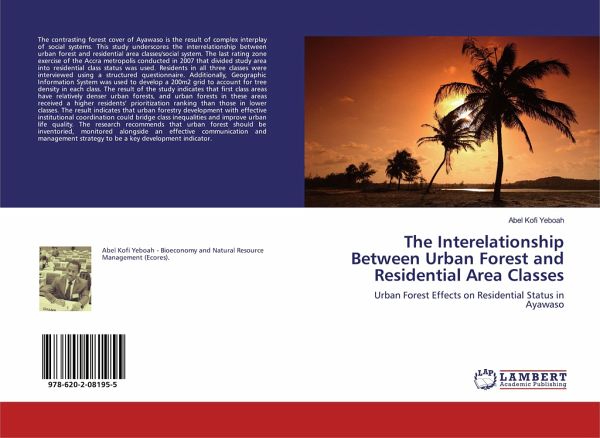
The Interelationship Between Urban Forest and Residential Area Classes
Urban Forest Effects on Residential Status in Ayawaso
Versandkostenfrei!
Versandfertig in 1-2 Wochen
26,99 €
inkl. MwSt.

PAYBACK Punkte
13 °P sammeln!
The contrasting forest cover of Ayawaso is the result of complex interplay of social systems. This study underscores the interrelationship between urban forest and residential area classes/social system. The last rating zone exercise of the Accra metropolis conducted in 2007 that divided study area into residential class status was used. Residents in all three classes were interviewed using a structured questionnaire. Additionally, Geographic Information System was used to develop a 200m2 grid to account for tree density in each class. The result of the study indicates that first class areas h...
The contrasting forest cover of Ayawaso is the result of complex interplay of social systems. This study underscores the interrelationship between urban forest and residential area classes/social system. The last rating zone exercise of the Accra metropolis conducted in 2007 that divided study area into residential class status was used. Residents in all three classes were interviewed using a structured questionnaire. Additionally, Geographic Information System was used to develop a 200m2 grid to account for tree density in each class. The result of the study indicates that first class areas have relatively denser urban forests, and urban forests in these areas received a higher residents' prioritization ranking than those in lower classes. The result indicates that urban forestry development with effective institutional coordination could bridge class inequalities and improve urban life quality. The research recommends that urban forest should be inventoried, monitored alongside an effective communication and management strategy to be a key development indicator.



